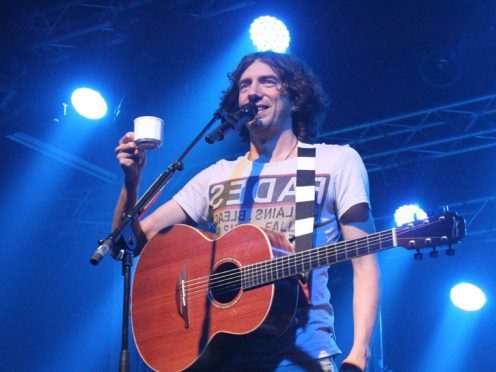A website has been launched to trigger memories in people suffering from dementia.
BBC Music Memories follows research showing how music benefits those with the condition.
The new site, for use on a PC, tablet or smartphone, is designed to help people “reconnect with the music they have loved”.
It contains snippets of around 1,800 musical tracks, including the biggest songs from the last 100 years, TV and radio theme tunes, and the most popular pieces from 20 classical composers.
Snow Patrol singer Gary Lightbody, who has been named Ambassador for Music Memories, said: “My dad has dementia and anything that throws a light on the disease and helps in any way to reconnect people with their lost memories is something I want to be involved in.”
He added that music “is the most powerful international language. It can break you and mend you sometimes in the span of a single song.”
Lightbody has authored a special film on music and dementia for The One Show, to be broadcast on Friday night.
We're supporting #BBCMusicDay with BBC Music Memories, an online tool to help trigger memories for people with dementia using snippets of popular songs, classical pieces and theme tunes.
Get involved here: https://t.co/oLaUxJLequ
— Alzheimer's Society (@alzheimerssoc) September 28, 2018
Tim McLachlan, operations director – local services at the Alzheimer’s Society, said: “From talking to people with dementia we know the positive effect music can have, helping people at all points on their dementia journey…
“In latter stages, some people who may no longer be able to communicate much or at all through language can be transformed when they hear a song they recognise – joining in singing and/or dancing along.”
By browsing for tracks by decade and genre, the site aims to help users find their most powerful musical memories and create and share their own personalised playlist.
Supported by leading dementia organisations, it has been launched on BBC Music Day 2018, the annual music celebration.
The site can be found at
https://musicmemories.bbcrewind.co.uk/
